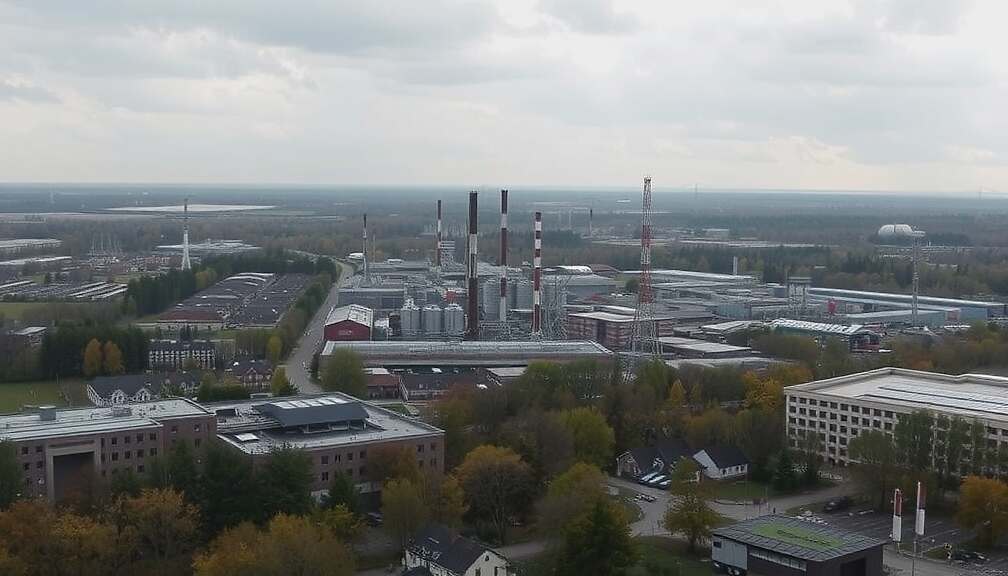Following 35 years of German reunification, leading economist Jens Südekum has highlighted a shift in the competitive landscape, identifying several advantages held by eastern Germany relative to its western counterpart.
Speaking to the “Rheinische Post” Südekum, a prominent voice in German economics, emphasized the substantial progress made in developing infrastructure in the former East Germany. This intensive effort, he argues, has resulted in tangible benefits for the region.
Südekum specifically noted the availability of developed land and increasingly climate-friendly energy sources as key strengths now distinguishing eastern German locations. He cited the consistent high ranking of Brandenburg and Mecklenburg-Vorpommern in nationwide comparisons of economic growth as evidence of this positive trend.
While acknowledging the progress, Südekum also pointed to a remaining challenge: the lack of cities in eastern Germany capable of competing with established economic powerhouses like Munich or Hamburg. He suggested that the transition of the former East German economy could have benefited from a more carefully managed approach.
As a personal advisor to Federal Finance Minister Lars Klingbeil, Südekum’s observations provide a nuanced perspective on the ongoing evolution of the German economy and the regional disparities that persist.












